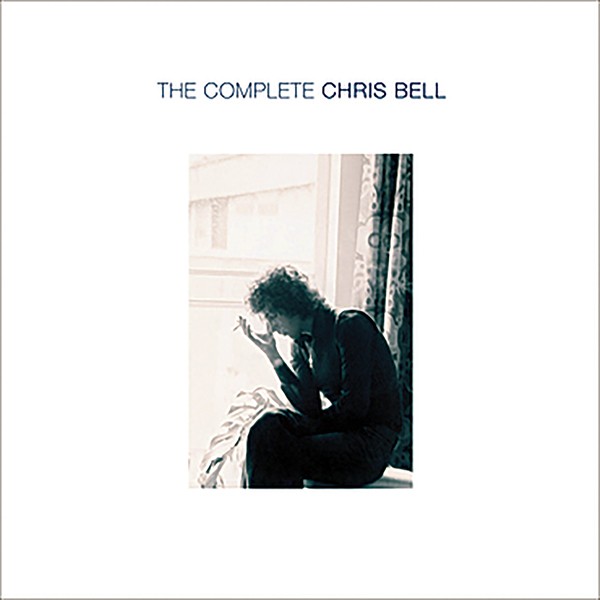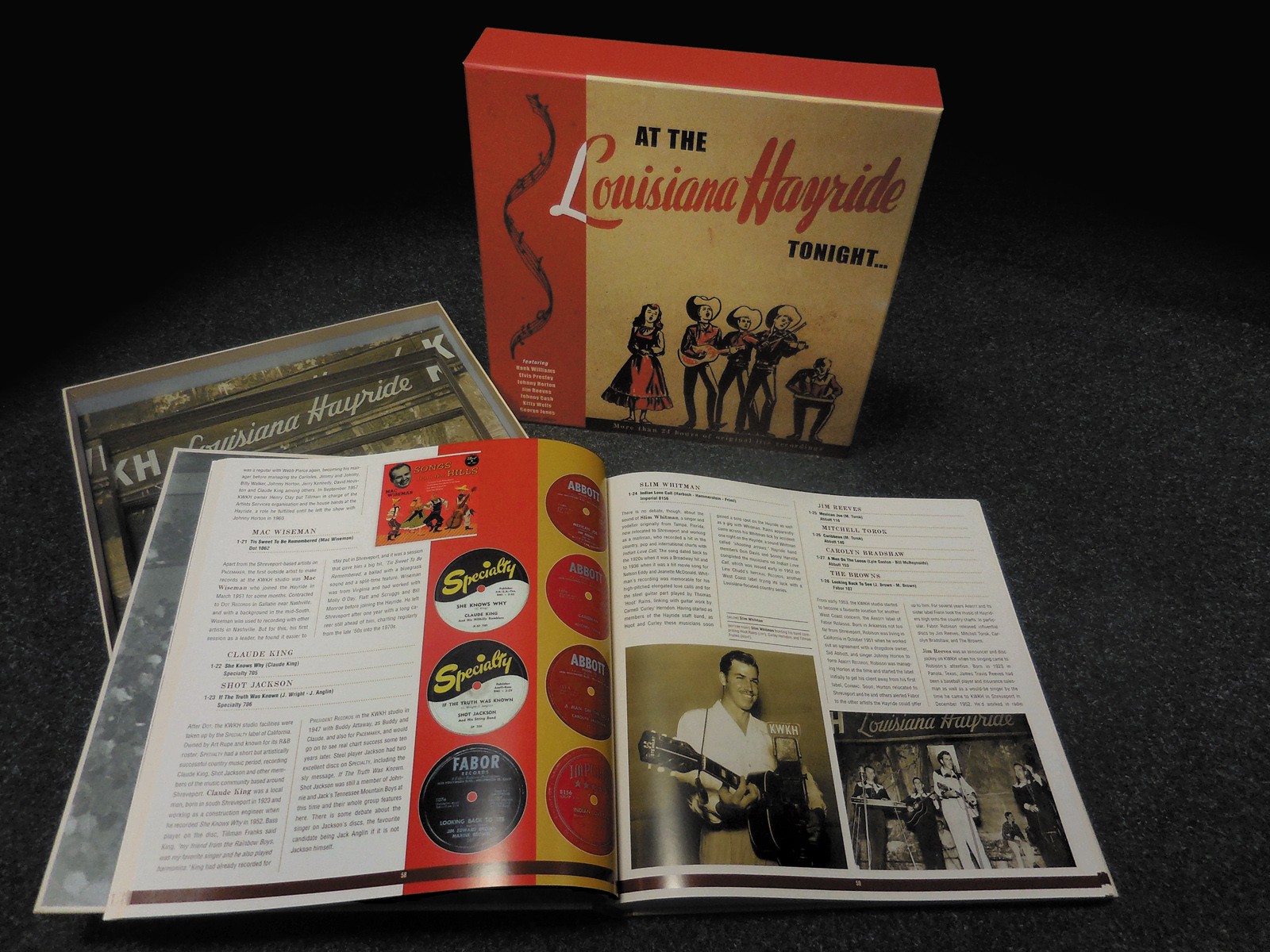
The Complete Chris Bell (Omnivore Recordings)
The choicest cuts of this five-LP set (six if you include the interview disc) are well known, having been first compiled by Rykodisc in 1992 as the masterpiece I Am the Cosmos. That LP and Big Star’s debut earned Chris Bell many fans, but that only scratches the surface of his oeuvre.
Looking Forward compiles material recorded starting in 1969, when Bell was making the most of Ardent Studios founder John Fry’s largesse with free tracking time. These sessions included a shifting cast of players, including Terry Manning. Often Bell himself does not sing lead.
By 1971, the Ardent scene had solidified into a more stable band, Rock City, featuring Jody Stephens as the regular drummer. Their See Seven States is an immediate precursor to Big Star. And while both LPs feature well-crafted proto-power pop, they chiefly underscore how much further the final Big Star lineup took things, and not only through the addition of Alex Chilton and bassist Andy Hummel: Bell’s own writing, playing, and singing became more focused, and Fry’s engineering and production more crisp. If the early material conjures the late-’60s sounds of, say, the Youngbloods, it falls short of the glorious twin guitar crunch and soaring harmonies that made Big Star’s debut so groundbreaking.
After quitting Big Star, Bell began grasping about, both musically and spiritually. The capstone was I Am the Cosmos, and two LPs here feature alternate takes from that era, revealing Bell’s painstaking craftsmanship — and his indecisiveness through multiple mixes. Until now, most Cosmos fans only knew the title track and “You and Your Sister” in their sped-up versions, as released on Chris Stamey’s label in the ’70s and thereafter considered canonical. Finally, we can now hear those songs as they were recorded, a half-step lower in pitch, more relaxed and natural in feel. It’s a revelation.
All told, this box is most compelling for the beatific and tragic tale it tells. If some of the material is spotty, one keeps listening to see how the tale unfolds, enriched by liner notes by Bob Mehr and others. It’s a fitting tribute to an artist who captured ecstasy and sadness in equal measure.

At the Louisiana Hayride Tonight (Bear Family Productions)
Bear Family Productions has outdone itself this time, with a stunning 20-CD set dedicated to the Louisiana Hayride and its host station, KWKH in Shreveport. It’s fitting that the first track evokes the station itself, long before the Hayride began. The first voice we hear is W.K. Henderson, circa-1930, who recorded several 78s as op-eds for broadcast on his new station. “Hello world, doggone ya!” was his signature line. But soon the rants give way to pure music.
The success of the 50,000-watt KWKH led to the birth of the ongoing Louisiana Hayride concert series, and live recordings from the weekly shows make for the bulk of this set. Familiar names like Hank Williams or Red Sovine are interspersed with lesser-knowns like Cousin Emmy or Brother Homer. You can hear the genre evolving. As early as 1952, the announcer intones, “Well, we leave it to the youngsters when we want a swingy tune,” before Jimmy Lee plays a zippy instrumental “on his Fender guitar.”
By the middle of disc three, it’s 1954, and we hear the debut of Elvis Presley. What’s striking is how the country/jivey hop in Elvis’ first performances fits right in with the “swingy” numbers featured years earlier. Listeners at the time heard him sandwiched between a Lucky Strike ad and bluegrass fiddle breakdown, and it’s all of a piece. By the King’s later performances, of course, he dominates the proceedings, and we hear what may be the first utterance of those hallowed words, “Elvis has left the building.”
Many country stars were coming into their own throughout the ’50s and into the early ’60s. Johnny Cash, Jim Reeves, Webb Pierce, and “Ferlin Husky as Simon Crum” are but a few of the artists who can be heard, through glorious scratchy audio, honing their distinctive sounds in embryonic form. By 1960, it was over, but within its dozen or so years, the Hayride traced a pivotal, swinging time in country music, and this collection, along with the beautiful book (over 200 pages) brings that time to life.